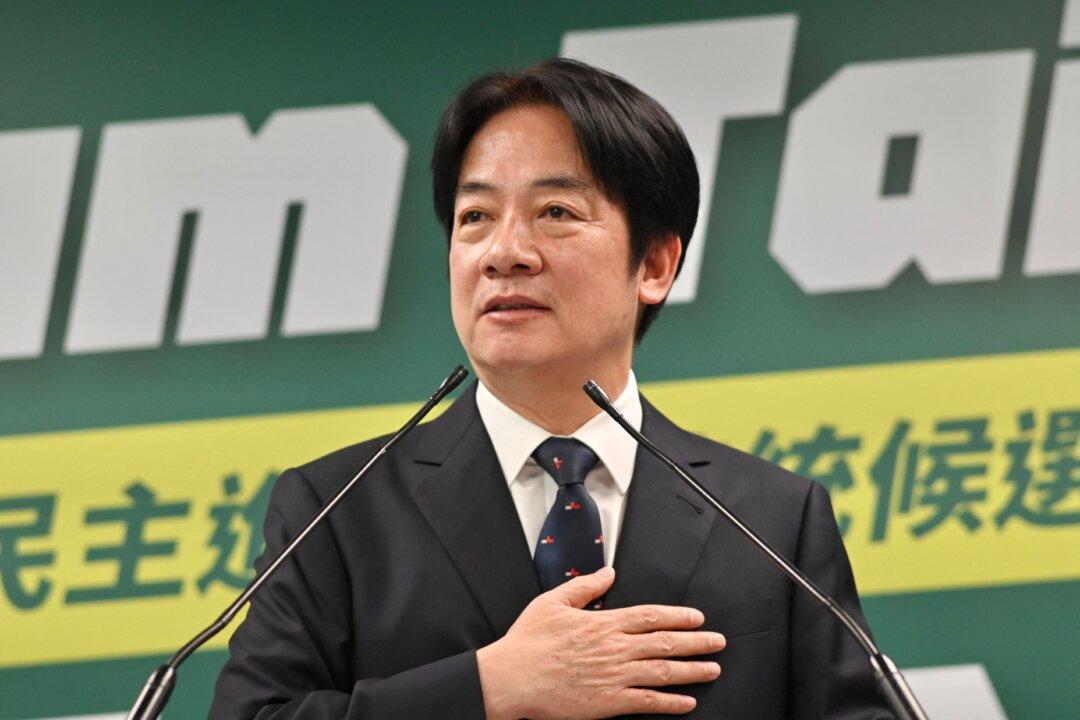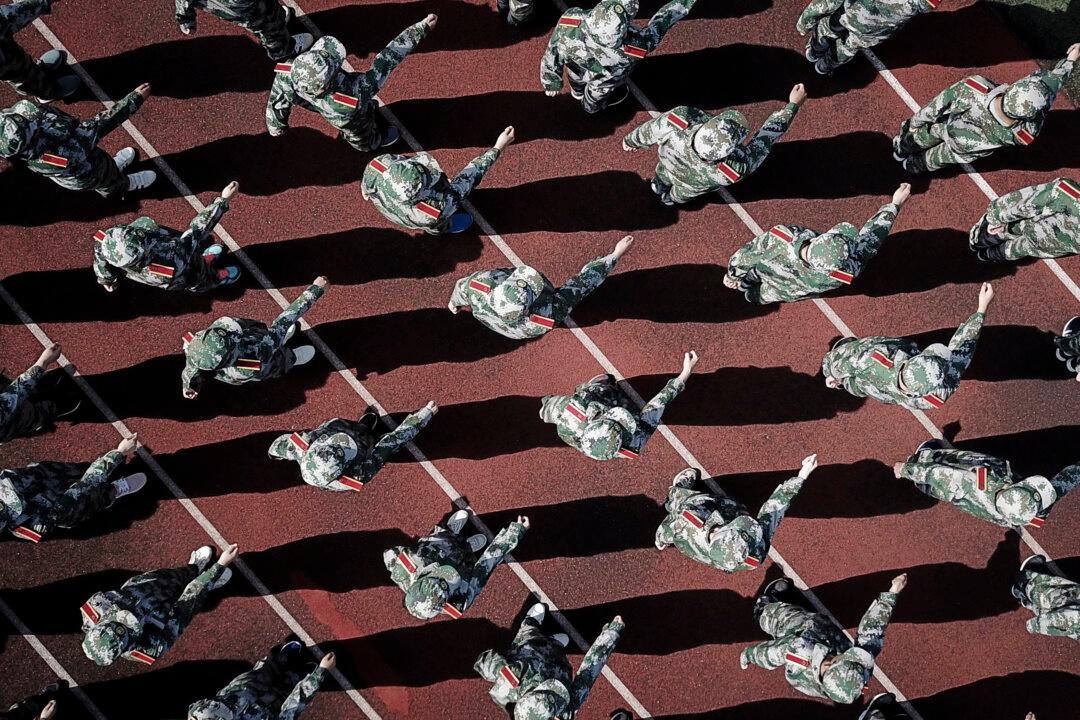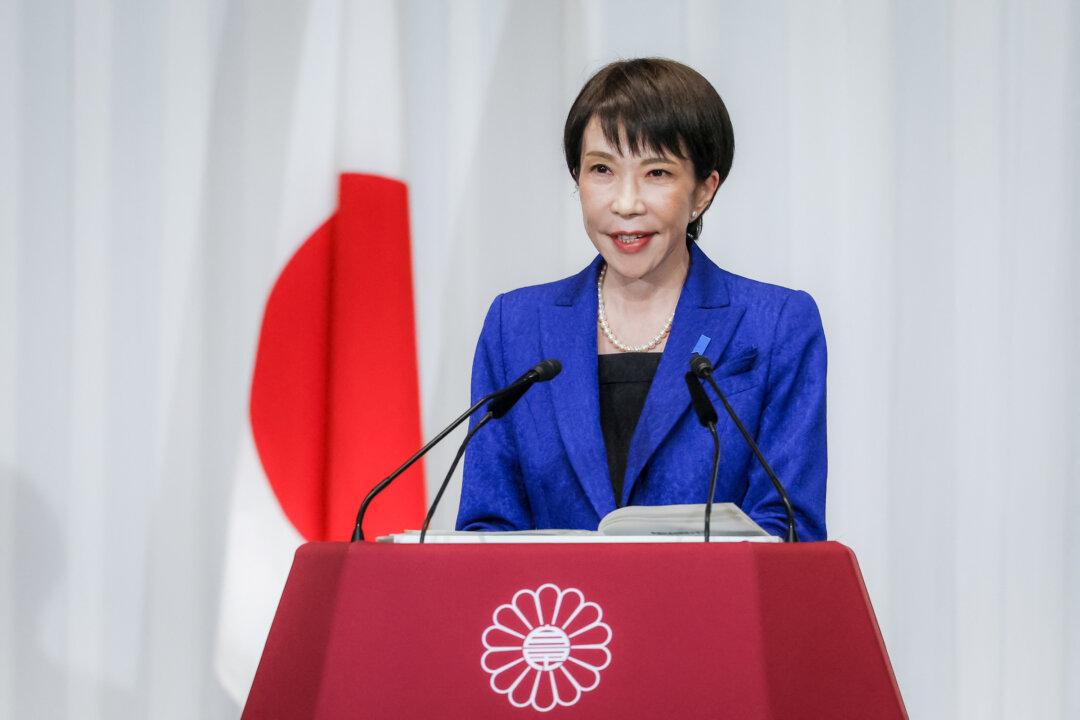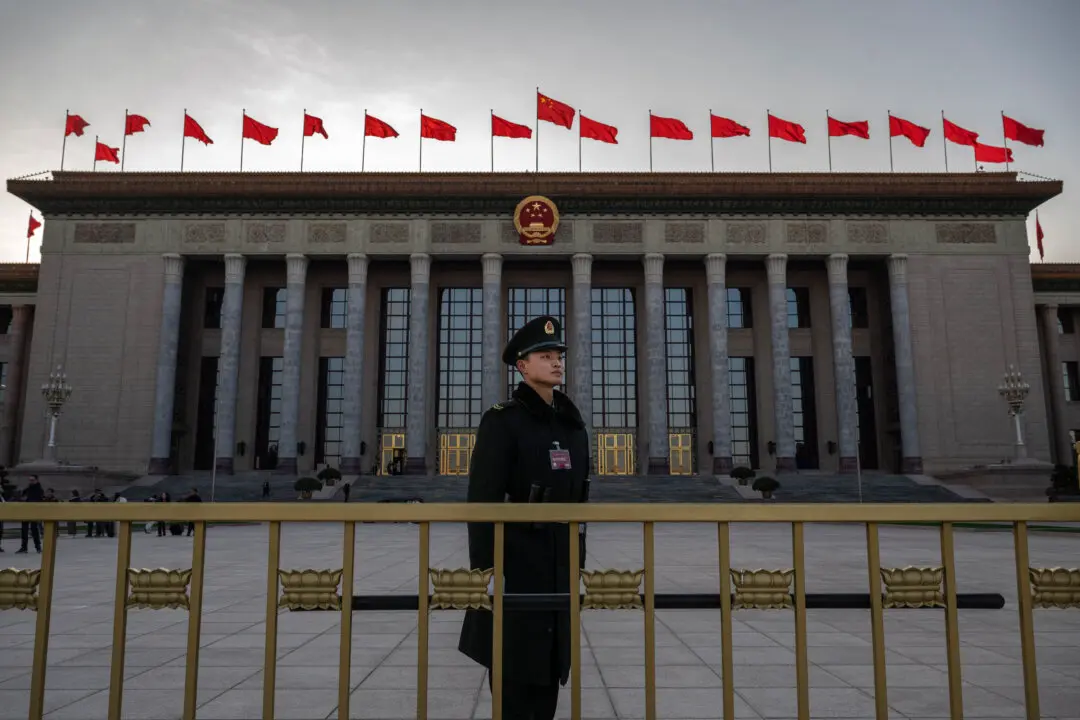Taiwan’s pro-independence ruling party has nominated Vice President Lai Ching-te (or William Lai) as its 2024 presidential candidate ahead of next January’s election. Lai’s supporters believe that he could mend Taiwan’s political divide and stand up to the Chinese Communist Party (CCP).
Unlike some Taiwanese politicians, Lai is unafraid to address cross-strait issues head-on. He asserted that his government’s position is “anti-CCP but not anti-China,” and opposed Taiwan being annexed by the Chinese regime.





